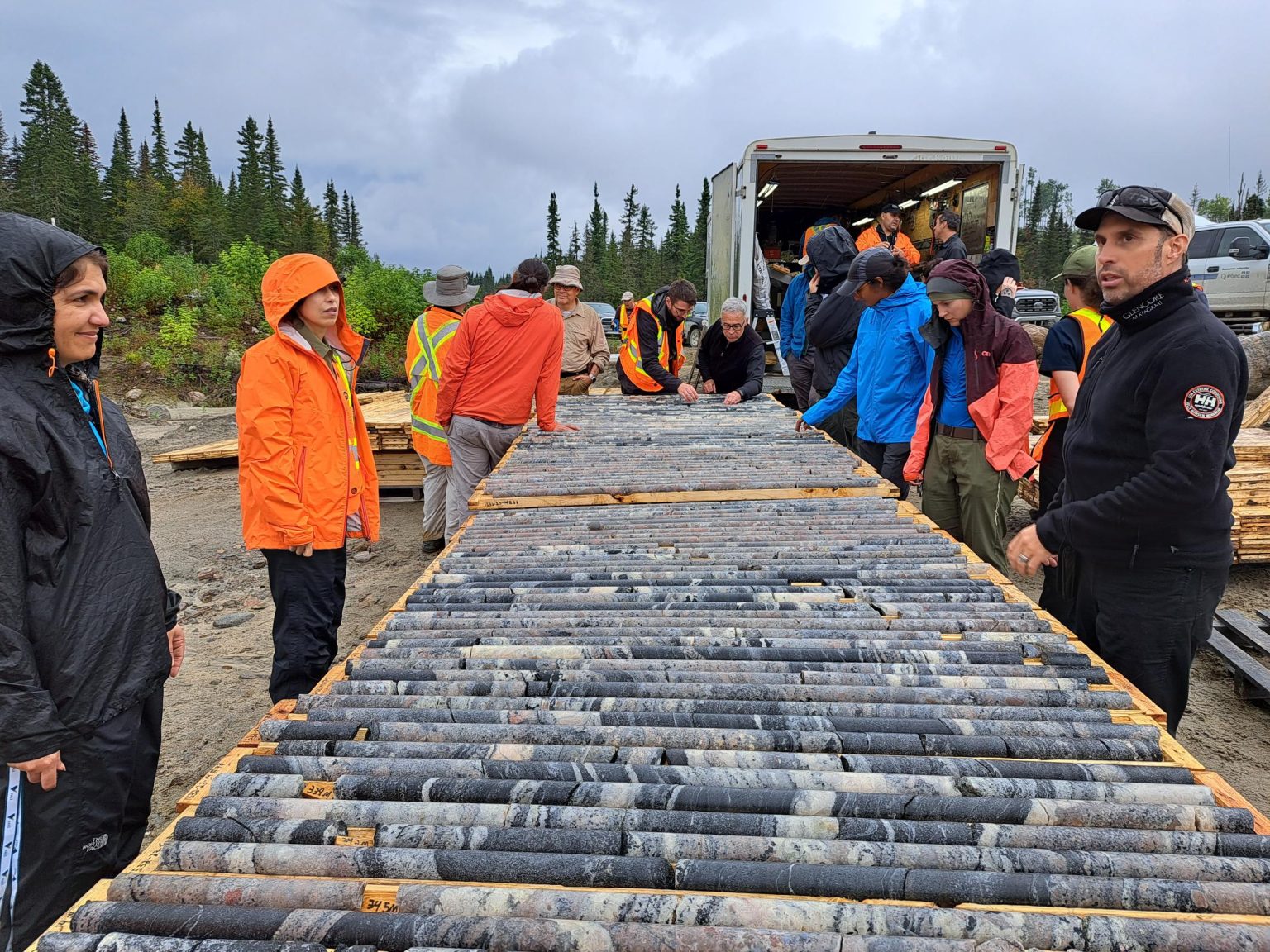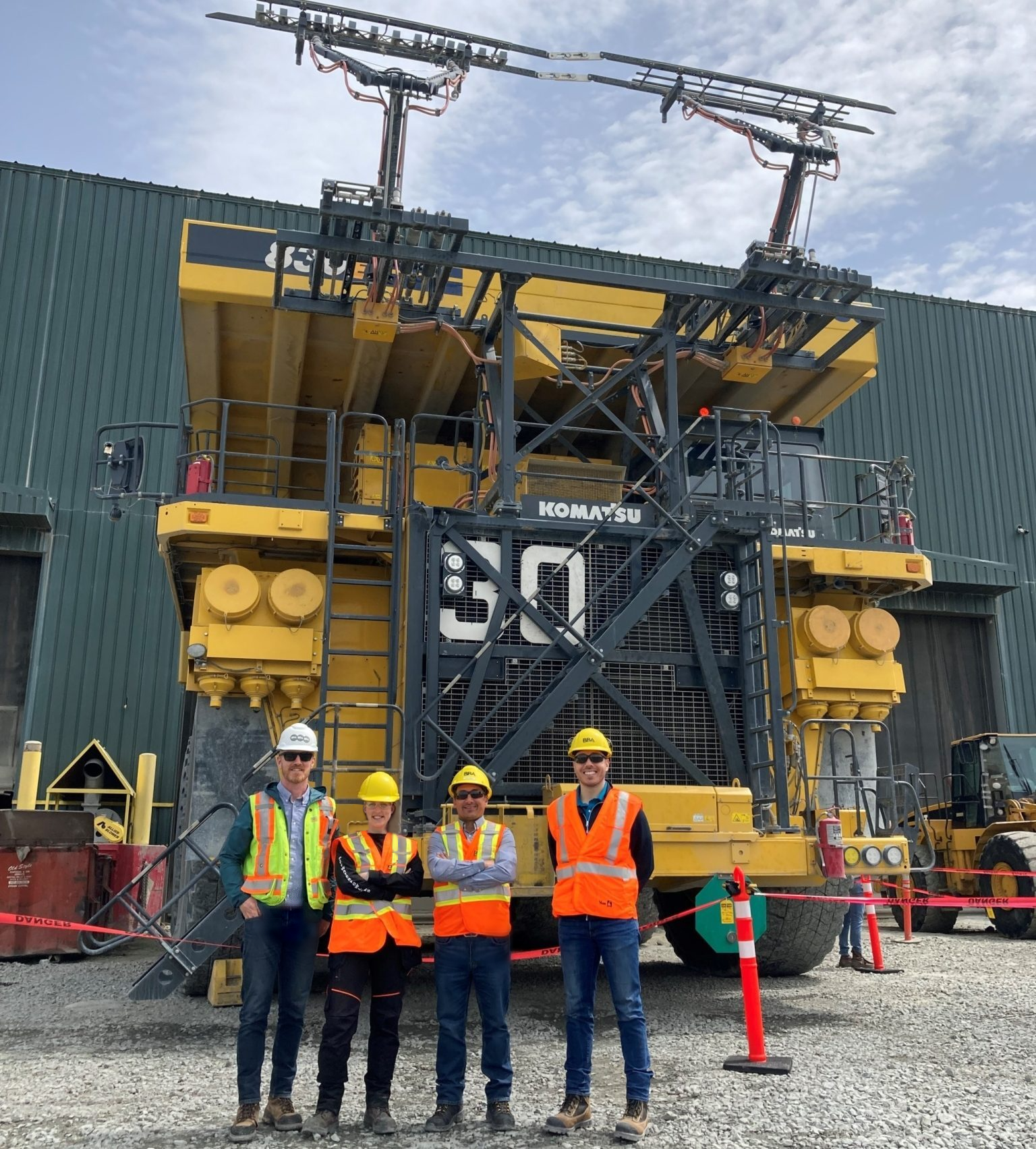The Wabun Model: Meaningful engagement mineral resource exploration and development
On Tuesday, Nov. 1, 2016, the Wabun Tribal Council (WTC) was called to testify at House of Commons’ Standing Committee on Natural Resources as part of its study on The Future of Canada’s Oil and Gas, Mining, and Nuclear Sectors. Specifically, Wabun presented its recommendations to improve meaningful engagement of First Nations in mineral resource exploration and development.
With over 55 exploration agreements, seven impact benefit agreements and resource development agreements, with seven more in negotiation, the Wabun Model of resource development has become a best practice for First Nation communities striving to build meaningful relationships with the mining industry.
WTC is a non-profit regional council established in 1989, and based in Timmins, Ont., uniting five distinct Anishnabek First Nations (Brunswick House, Chapleau Ojibwe, Flying Post, Mattagami and Matachewan First Nation).
The Chiefs of the First Nations make up the WTC’s board of directors, advising and giving direction to the operation and initiatives of WTC. The council has played a key role in regional planning, public relations, political advocacy, and policy development. WTC has been particularly instrumental in advocating and facilitating dynamic relationships with the mining industry.

Front Row, left to right: Shawn Batise (Ministry of Indigenous Relations and Reconciliation), Jason Batise (executive director, Wabun Tribal Council). Middle Row: Chief Murray Ray (Flying Post First Nation), Chief Alex (Sonny) Batisse (Matachewan First Nation), Ron Clayton (president and CEO of Tahoe Resources), Chief Walter Naveau (Mattagami First Nation), Sharon Plourde (Wahgoshig First Nation) Back Row: Ken Peterson (negotiator for Wahgoshig First Nation).
Roughly the size of France, the historic mining camps of Timmins and Kirkland Lake are located within the WTC territory. This is the busiest area for mineral exploration and development in Ontario, and arguably in Canada. At the present time, within the territory there are 10 operating mines, and two in development. Even though the mining industry is in a downturn, from January 2016 to date, WTC has processed over 50 exploration permits and 10 closure plans and amendments.
Our success is attributed to our WTC mining policy that is consistent, streamlined and result-driven. The goal is to facilitate dialogue between First Nations and mining stakeholders to encourage meaningful relationships that deliver results to all parties. To WTC and member First Nations, agreements are mandatory, and are at the foundation of free, prior and informed consent.
Exploration agreements, also referred to as memorandums of understanding (MOUs) are the requirement for support on all exploration projects seeking an exploration permit from the Ministry of Northern Development and Mines (MNDM). WTC First Nations have signed 55 MOUs with companies like Probe Metals Inc., Gowest Gold, Osisko, Kapuskasing Gold, and Goldcorp’s Borden project. These agreements are consistent, and are negotiated from a standardized template. They provide a commitment to the First Nations for financial compensation to accommodate for impact, business opportunities, employment and training, a committee of elders and knowledge holders, support for various studies (archeological, peer review, etc.) if required, and a commitment to IBA negotiations should a mine develop (and funding for the negotiations).
Impact benefit agreements or resource development agreements (IBA/RDA), are required on all developing mines. WTC successfully negotiated seven IBAs/RDAs (Goldcorp PGM, Northern Sun Mining, Tahoe Resources/Lake Shore Gold (two), Alamos Gold Inc., and Imerys Talc). The elements of the agreements are outlined in the exploration agreements. Then IBAs provide commitments for revenue sharing and profit participation, employment and training, enhanced workplace conditions for First Nation employees, business opportunities, and cultural and environmental protection and dispute resolution mechanisms. While they are similar to the exploration agreements in content, IBAs/RDAs are much more robust and prescriptive, are unique to each project, and can take years to negotiate.
For industry, agreements outline mutual commitments and expectations. They ensure social license to operate and describes a template for consultation. In doing so, communities assist proponents with required permit applications through confirming First Nation support. Furthermore, WTC has helped industry- partner efforts in securing financing for project development. Agreements can significantly reduce potential for conflict at all stages by providing the project certainty, and is a first step in developing a meaningful relationship with the First Nations.
WTC continues to urge provincial and federal governments to make agreements between First Nations and mining companies for exploration and mine development/operation a legislated requirement. Agreements ensure economic development, and socio-economic deliverables to communities that have been – for too long – at the margins of development within their traditional and treaty lands. They deliver stability, consent, and certainty. Agreements also provide a framework for consultation. Government and industry need to accept that First Nations expect dynamic deliverables from mining development.
WTC is proud of our progress in engaging the mining industry, and looks forward to continued dialogue with all industry stakeholders operating in the territories of their member First Nations.





Comments